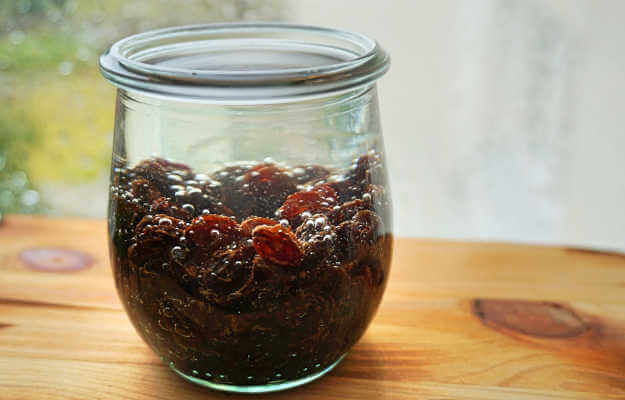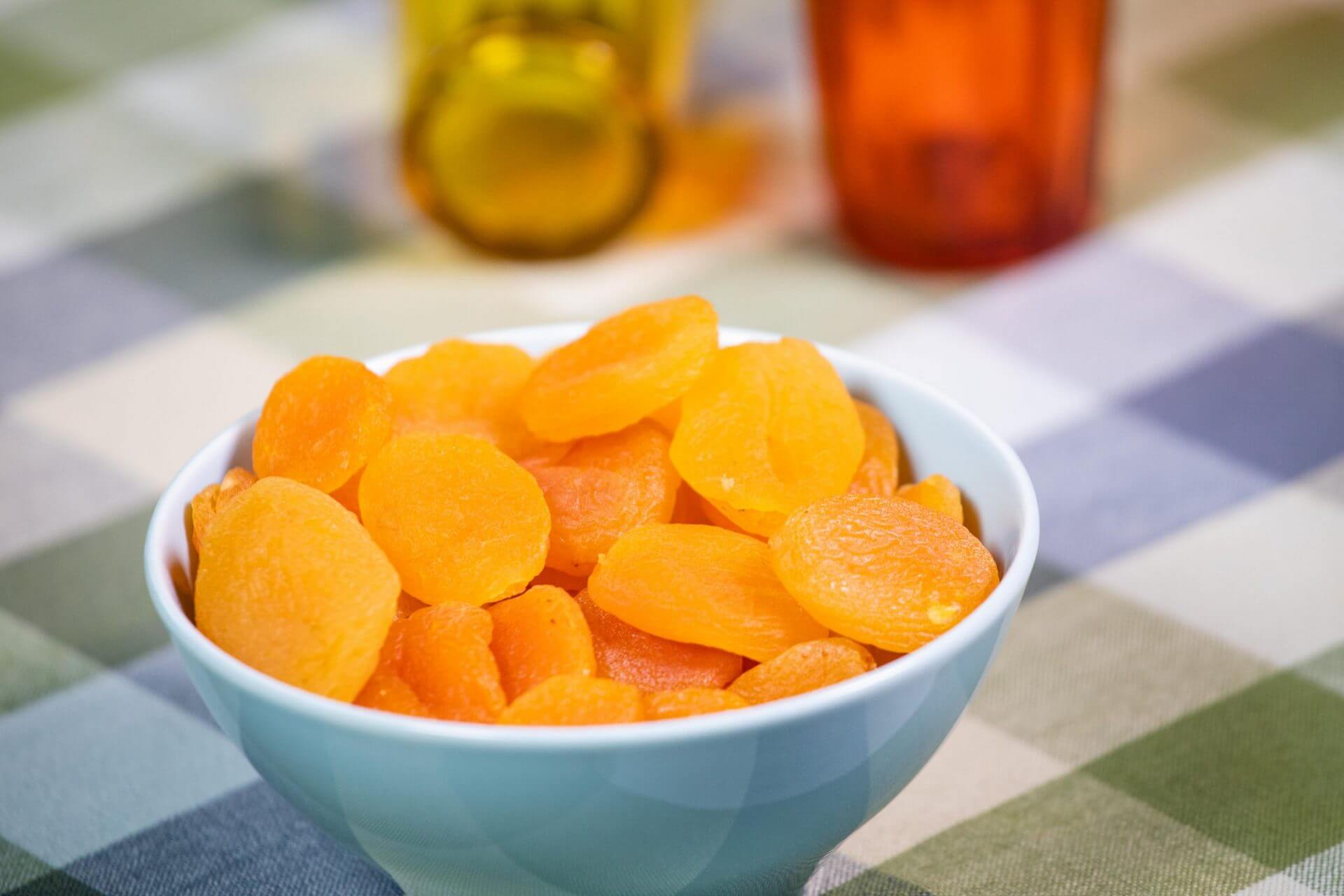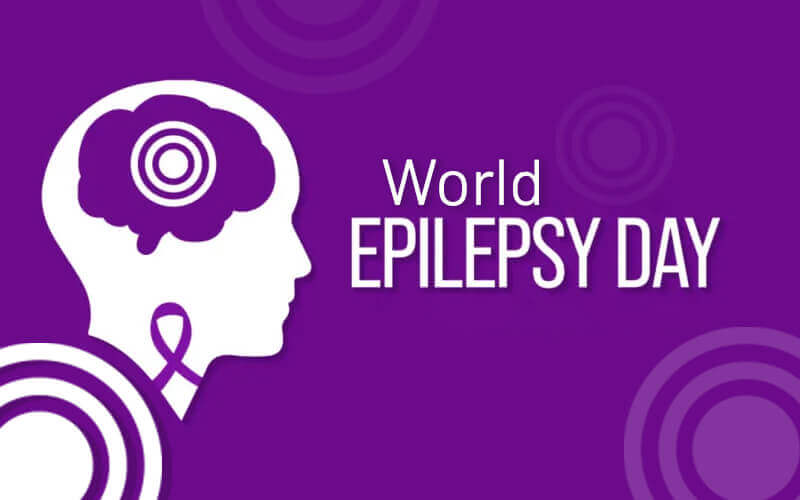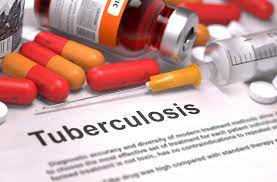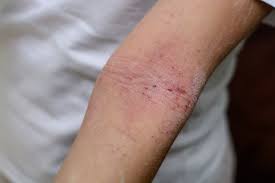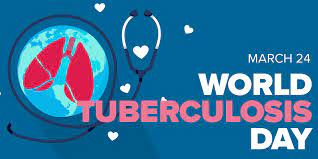Too much of 'good fats' may be bad for health: study
Thu 29 Jun 2017, 13:45:00
Consuming excessive amounts of 'good fats' such as those found in olive oil and avocados may lead to fatty liver disease and increase the risk of diabetes and hypertension, a study warns.
Researchers from University of California San Francisco (UCSF) in the US found that a diet high in monounsaturated fat, combined with high starch content, caused the most severe fatty liver disease, a risk factor for metabolic disorders.
Researchers emphasised that simply counting calories does not guarantee a healthy diet.They paired a fat, saturated or monounsaturated, with a carbohydrate, sucrose or starch, to create four different high-calorie diets in mice.
The diets were roughly 40 per cent carbohydrate, 40 per cent fat, and 20 per cent protein by calorie, a ratio on par with the average American diet.Four groups of 10 mice were fed the experimental diets for six months and compared to mice fed regular mouse chow, which is much lower in fat.
Researchers noted that all the mice on the
experimental diets, free to eat as much as they wanted, grew obese by the end of six months, and all developed some degree of fatty liver.
experimental diets, free to eat as much as they wanted, grew obese by the end of six months, and all developed some degree of fatty liver.
The team noted that the mice on the starch- monounsaturated fat diet had the most severe disease, accumulating 40 per cent more liver fat than mice on the other three diets.
Their livers swelled with extra weight and, when seen under a microscope, appeared crowded with globules of fat.Researchers also noted that these mice lost fat around their testes, an area of their bodies normally used for fat storage.
When they examined this visceral fat tissue, they saw an unusual degree of fat cell death and signs of inflammation.
Perhaps the starch-monounsaturated fat diet somehow induces the fat from these areas to be shuttled into the liver at an abnormally high rate, fattening the liver, researcher said.
The study was published in the journal Cellular and Molecular Gastroenterology and Hepatology.
No Comments For This Post, Be first to write a Comment.
Most viewed from Health
AIMIM News
Latest Urdu News
Most Viewed
May 26, 2020
Do you think Canada-India relations will improve under New PM Mark Carney?
Latest Videos View All
Like Us
Home
About Us
Advertise With Us
All Polls
Epaper Archives
Privacy Policy
Contact Us
Download Etemaad App
© 2025 Etemaad Daily News, All Rights Reserved.

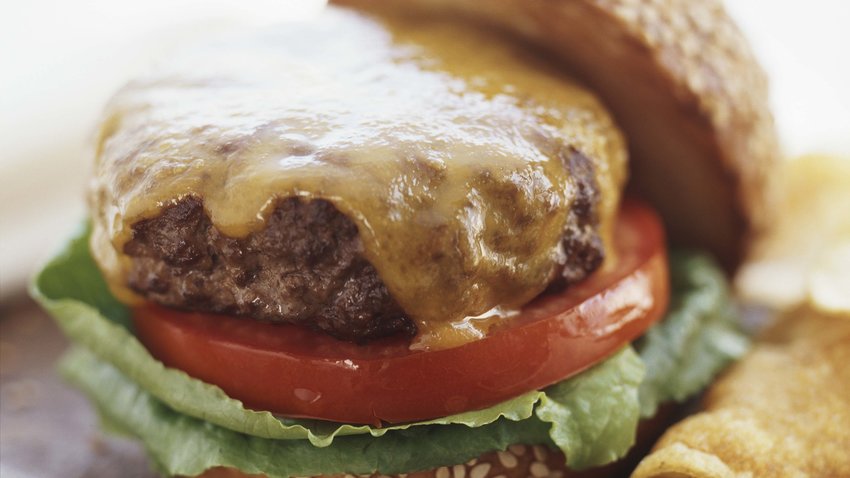
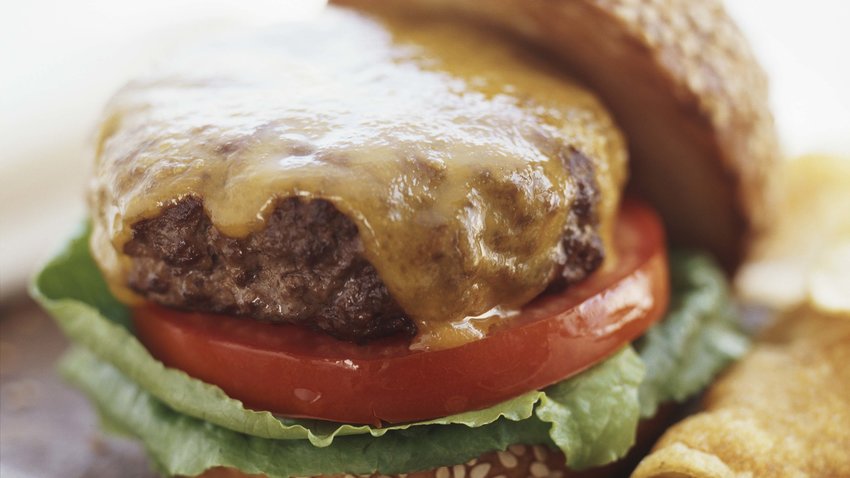



.jpg)

